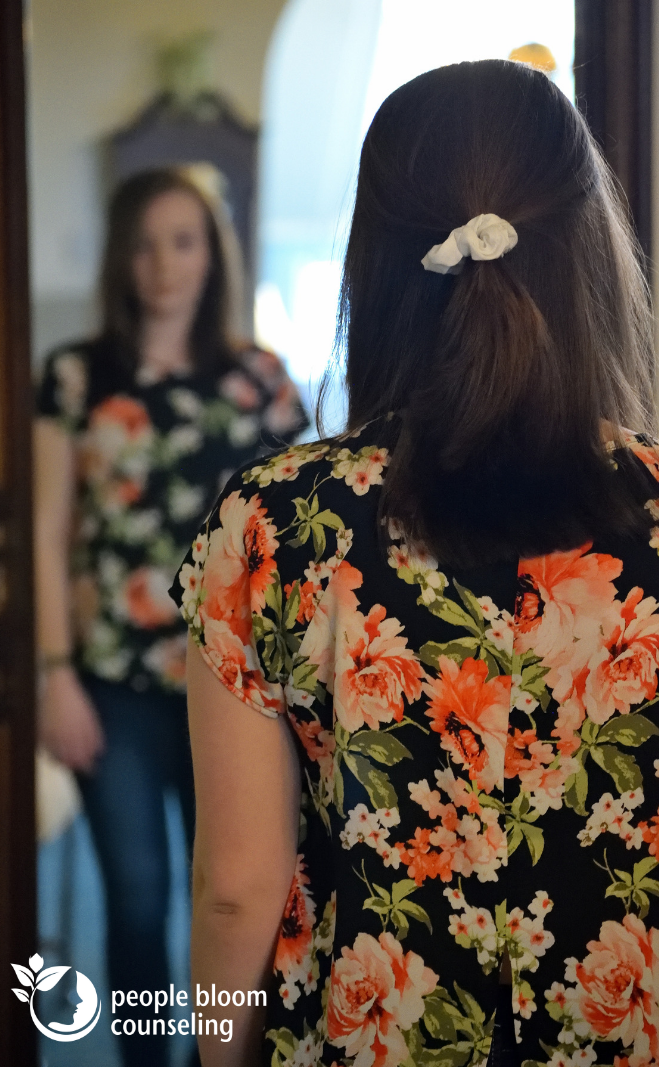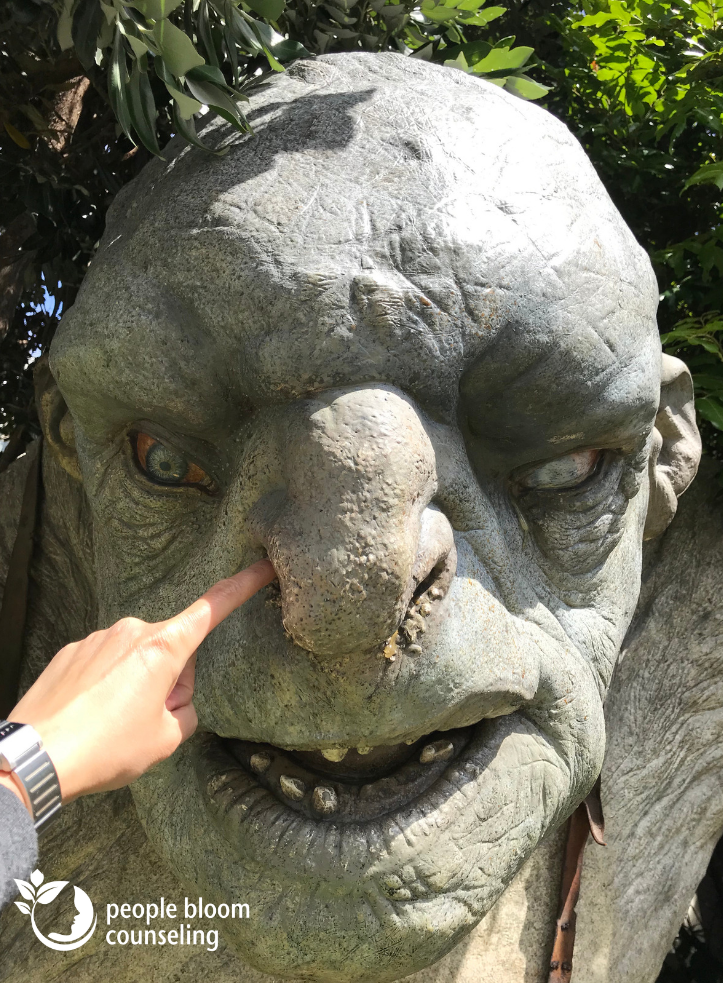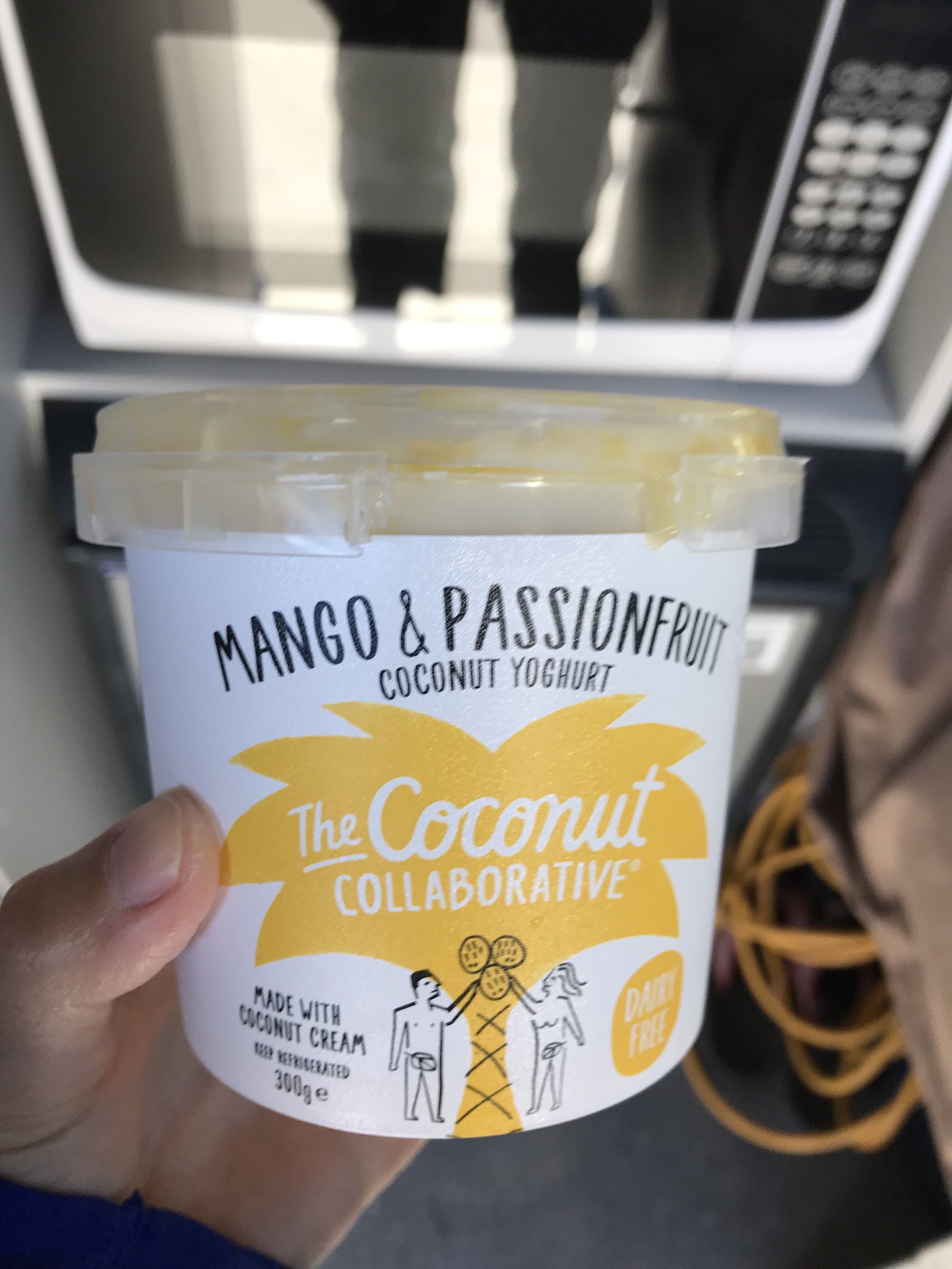Photo by Taylor Smith on Unsplash
Owning our story can be hard but not nearly as difficult as spending our lives running from it. Embracing our vulnerabilities is risky but not nearly as dangerous as giving up on love and belonging and joy-- the experiences that make us the most vulnerable. Only when we are brave enough to explore the darkness will we discover the infinite power of our light.
-Brené Brown, The Gifts of Imperfection
The lens we grew up with
Like many of my clients, I used to struggle with this aching pressure to be “perfect.” To have it all together, be “good”, hard-working...always be there for others in a time of need. That’s because patterns of human behavior are established during early childhood, both directly and indirectly, and we tend to repeat them throughout our lives… unless we are able to gain insight around them. Through lived experiences, these patterns are either confirmed or disputed. Since we’re not always conscious of them, we can go about our lives living out these messages as “truths”. For better or for worse, these beliefs then become the lens by which we understand ourselves and others in the world.
A recovering perfectionist
Hi, I’m Abby and I’m a recovering perfectionist.
My upbringing informed me that I could earn a sense of belonging and “lovability” by being “good” and doing what I thought I was supposed to. I pressured myself to hide insecurities and flaws for fear of rejection. Inevitably, those imperfections revealed themselves at times. When they did, I felt ashamed. In other words, I felt shi*y about myself… like really shi*ty.
Shame is a heavy feeling that makes us want to hide. It tells me that I’m “bad” and it did a number to my self-esteem and growth. The vulnerability in having my flaws and shortcomings be known was terrifying and avoided at all costs. My internalized belief went something like this: “If you really knew me, you wouldn’t like me.”
My shadowy parts were best kept… well, in the shadows.
My clients as my teachers
Enter the power of therapy. No, it’s not what you think. My clients were my teachers!
When I first began working with clients, I felt strangely connected to them as I got to know them. I wondered where it came from and why it felt so different, so much more fulfilling than any of my other relationships at the time. My clients were of different ages, genders, races, cultures, and socio-economic status… one client was just beginning to learn English. We couldn’t have been more “different.” So how was it that I felt so unusually close to them?
Brene’s work was staring me in my face.
Flaws and shortcomings: Please come in!
Clients were showing up and expressing their worries, regrets, greatest insecurities, and deepest fears. I sat with them as they spoke and felt it. They were allowing me to see their shadowy parts and really letting me in. The thoughts and feelings they exposed didn’t make them bad or unlovable… On the contrary, it humanized them and made them relatable and real. Though our stories and struggles were not the same, I was able to connect and feel close to them because of their vulnerability. As I empathize with them, they felt seen and accepted for their authentic selves, comprised of all the black and white and grey in between.
Perfectionism: You may step down now
The experience I gained from my clients prompted me to seek this kind of authenticity in other relationships. Not gonna lie, it was hard. It definitely rocked the boat in some relationships and ended others, but it also created room for more intentional relationships moving forward. I learned that while the image of perfection might attract others’ envy, attention, or idealization… it sure as shit doesn’t foster meaningful relationships or a genuine sense of belonging.
If you look at it from another perspective, the people we think have it all together often makes us feel bad… because we know we don’t. Our self-esteem gets slapped. We probably find relief in the moments when “perfect” people mess up and aren’t so perfect.
Because if even they mess up, perhaps we can too.
Free to be fully me
Once I’d decided enough was enough, there was this sense of liberation in knowing that it was okay to have flaws and screw up and be wrong. The shame subsequently dissipated because I no longer believed the shadowy parts made me “bad.” Negative feelings come and go easier. The sky isn’t falling when I realize I mess up or when I hurt people I care about. The “I’m sorry” doesn’t taste like vinegar.
Free to be fully you
We all feel pressure to conform to an idealized image of ourselves, whatever your version of “perfection” is. Please don’t judge yourself for it… it’s not your fault. And, if you do judge yourself for it… that’s okay too. We can work on that. You might struggle with criticism, difficult relationships or low self-worth. If that’s the case, you can start your journey toward self-acceptance and real connection with others. I’m here to walk alongside you, and your shadow.
Abby Erickson is a Licensed Mental Health Counselor at People Bloom Counseling, a Redmond psychotherapy practice. She helps people with anxiety and social anxiety learn ways to better manage their angst. She also helps people struggling with low self-esteem and body image issues be comfortable in their own skin. Abby looks forward to meeting each new client, because each person she meets is an opportunity to grow and learn from each other.




























